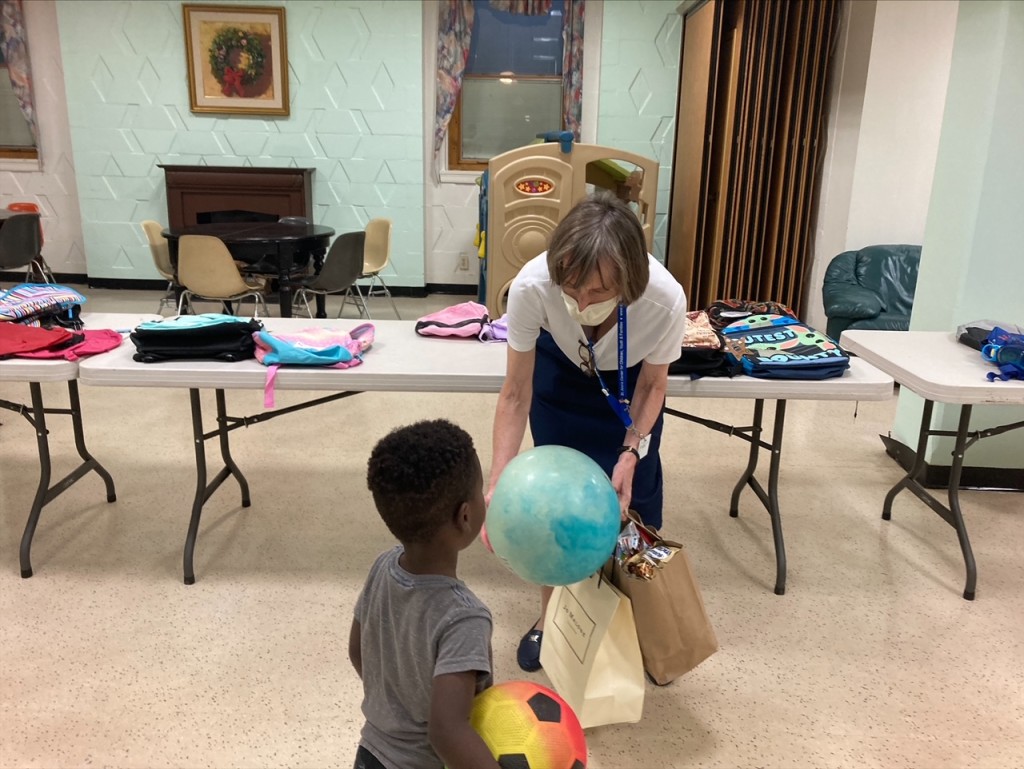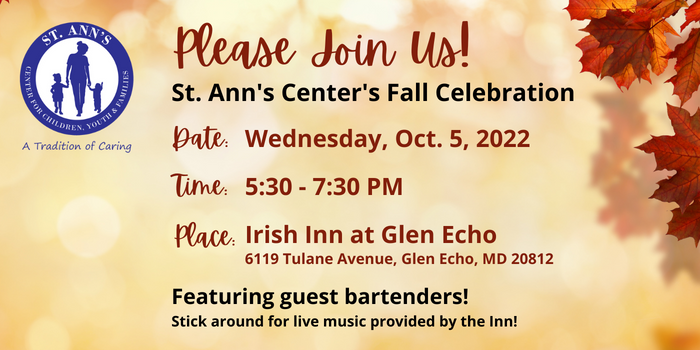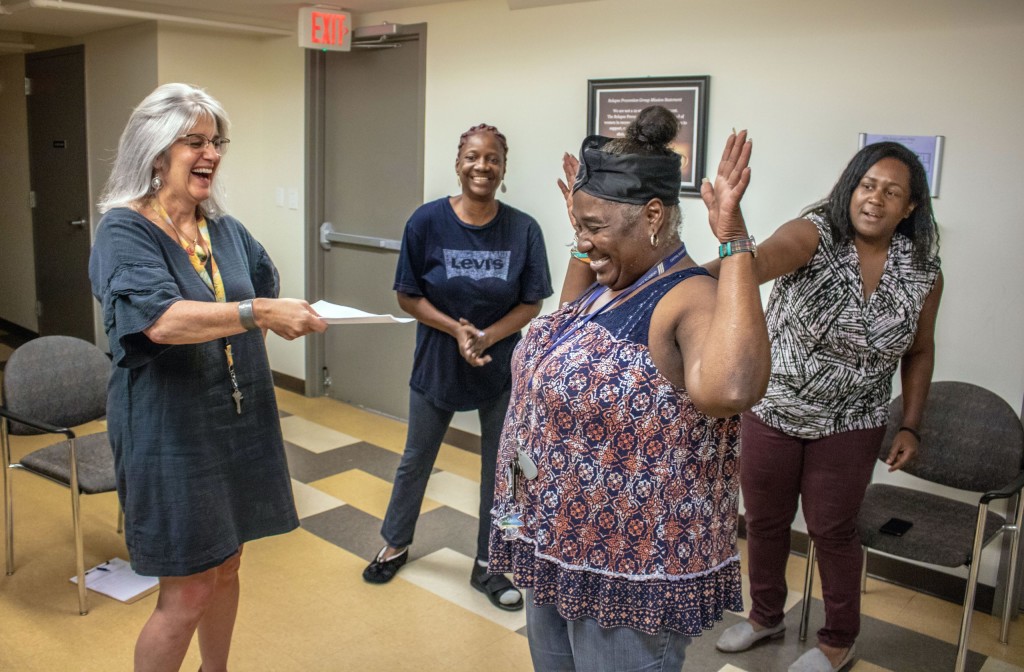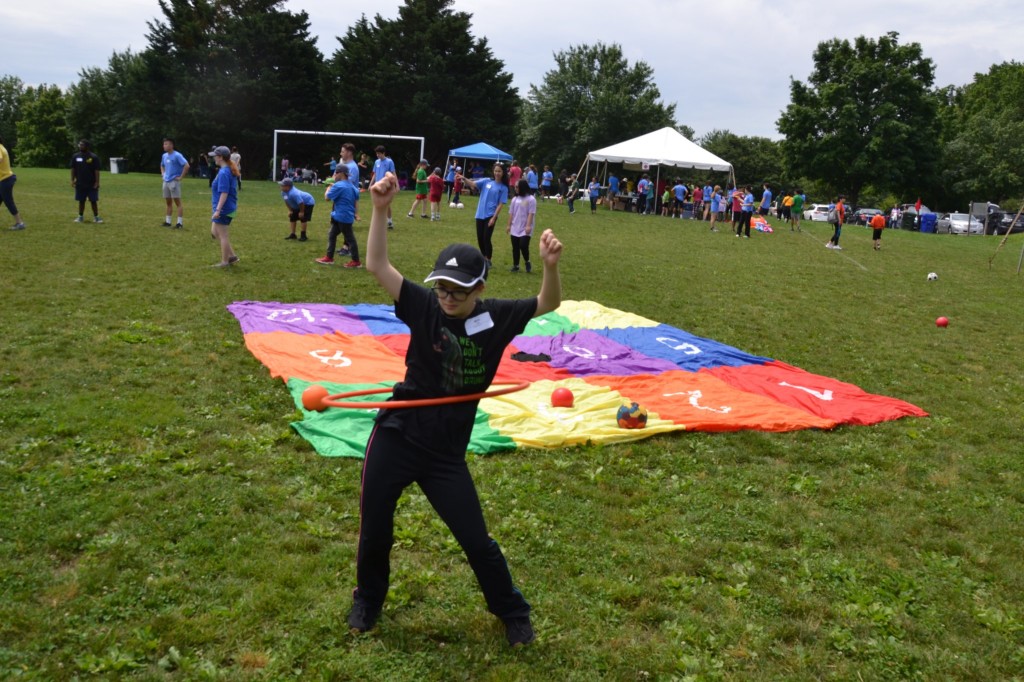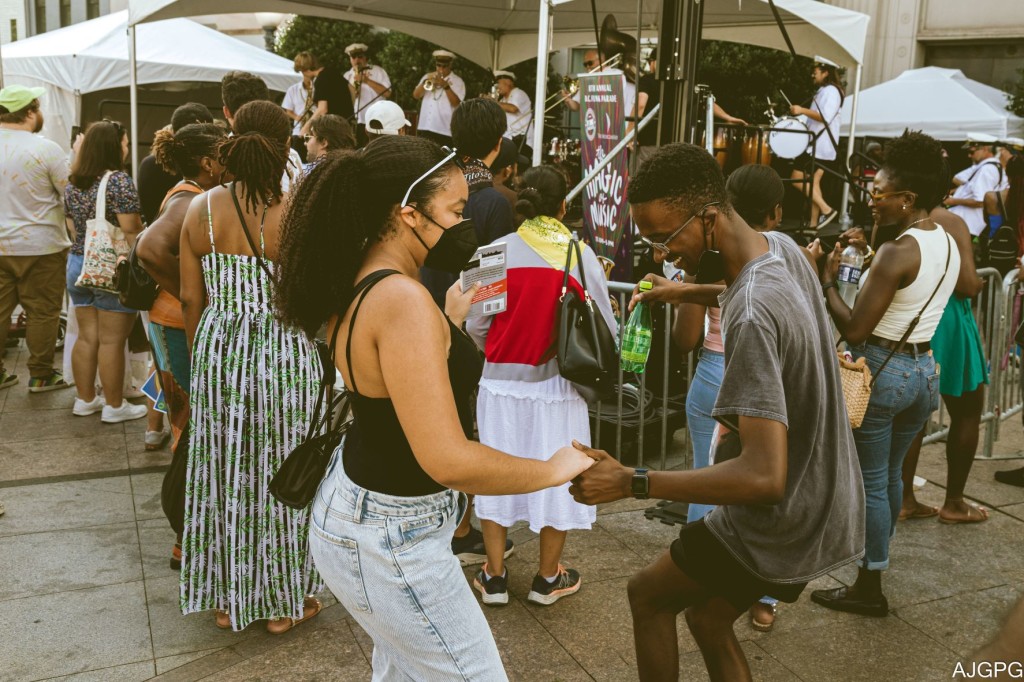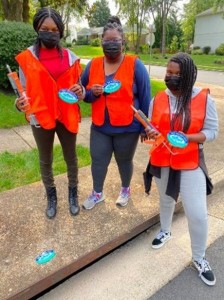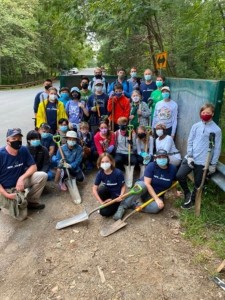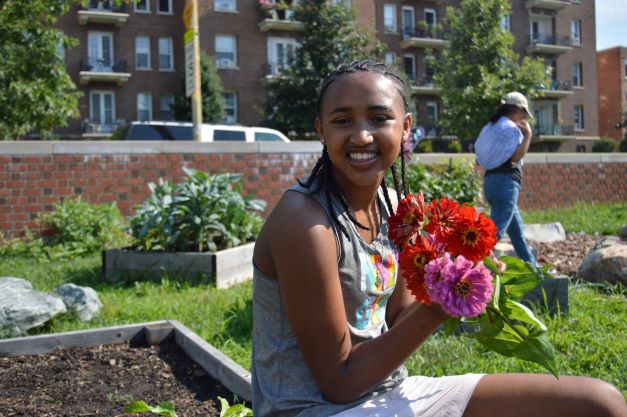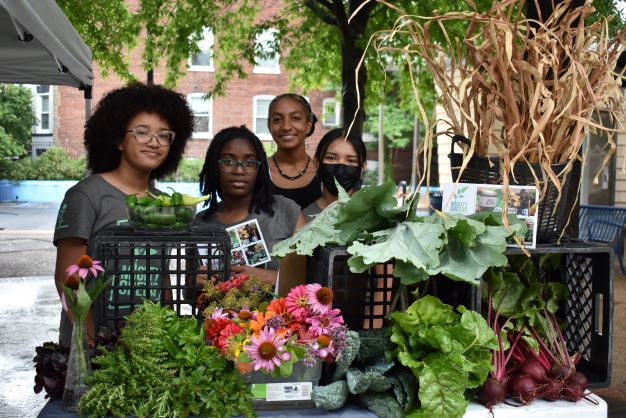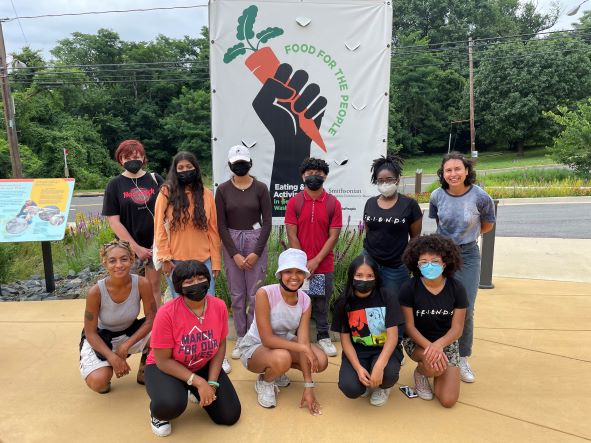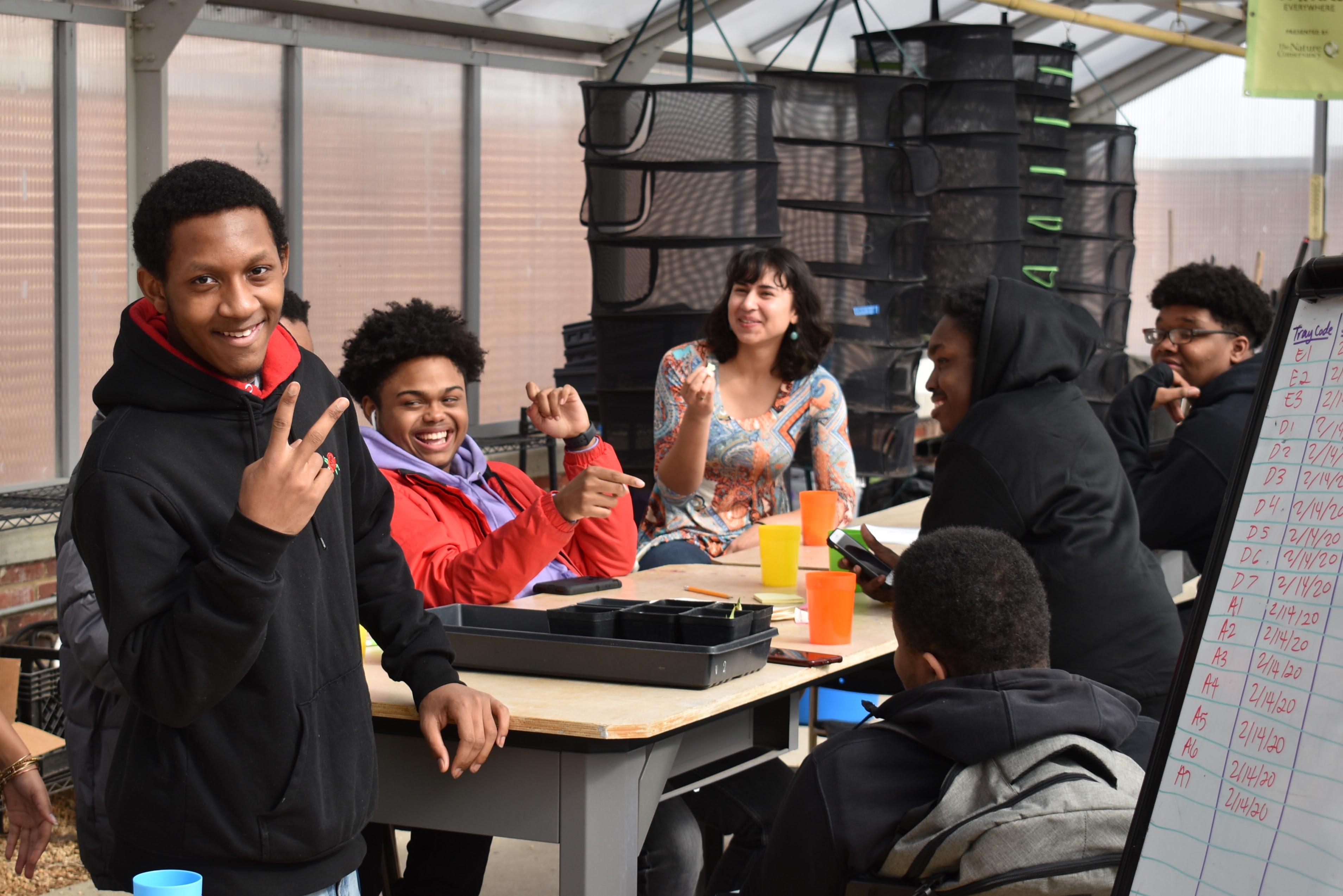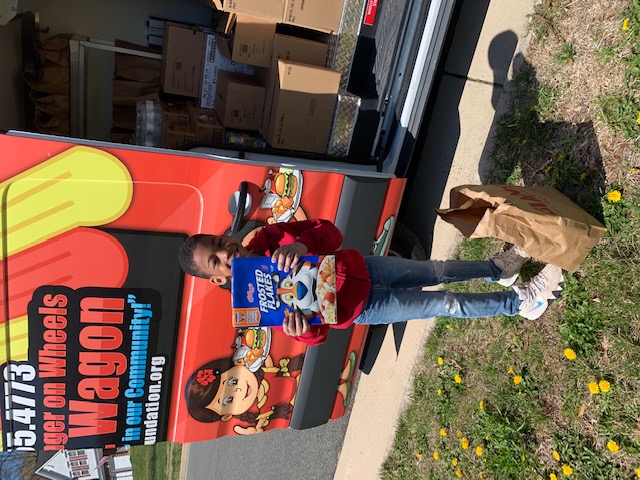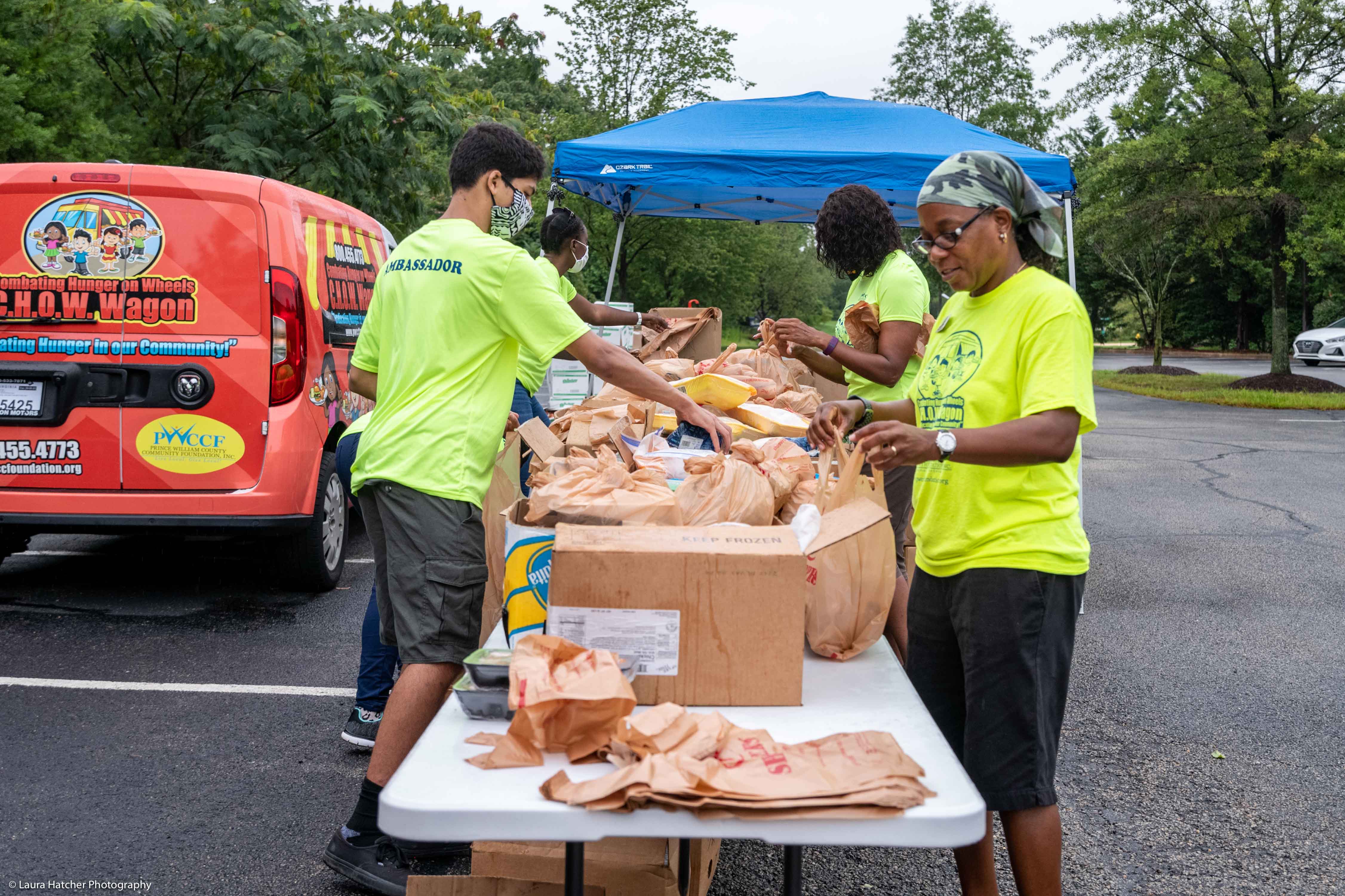Event Tips & Tricks
Planning and executing successful events, especially on the relatively smaller budgets that many local nonprofits have, can be a stressful experience. This is why the Catalogue for Philanthropy has put together some suggested practices that we’ve tried and found helpful that you can consider implementing when planning, hosting, and closing out your events — whether it be virtual, in-person, or hybrid.
Before diving into the tips and tricks you can use six months before, three months before, during, and after your event, we recommend starting with the following basics:
- Determine the type of event you’re hosting. While this article will primarily cover fundraising events, such as an annual gala, most of the recommendations we offer are adaptable for smaller-scale community events, too.
- Decide on your ideal target audience based on the type of event you’re planning. In addition to focusing your guest list, your ideal audience will also help guide most — if not all — of your event planning decisions.
- Finalize the budget for your event, which is both dependent on, and will help you determine, your event format and whether it should be in-person, hybrid, or virtual. Your event budget will also inform your capacity for marketing your event, so do keep your ideal target audience in mind. If you’re largely trying to reach people outside of your existing base, you may need to spend more to acquire that new audience. Finally, if your event is a fundraiser, it could be helpful to determine what your revenue goal is when considering your budget as well.
- Create a marketing plan so you have a working calendar ahead of your event. This is particularly critical if you want to reach a new, or relatively new, audience. While your marketing plan can change, we recommend having one early.
While you want to aim to have these fundamental decisions in place nine months ahead of your event date, the timeline for executing your event also depends heavily on the event itself and on the capacity of you and your team. You can certainly adapt any of our suggestions based on what would work best for you! With that in mind, let’s dive into our recommendations when preparing for your event.
6 Months Before Your Event
At this point in your planning, it probably feels like you’ve still got a lot of time to prepare… but time will fly! If you’re planning an in-person or hybrid event, make sure to secure your venue and caterer, if using a caterer. You’ll also want to consider making any additional niche assistance you might need for a hybrid or virtual event and gather quotes to start making those decisions. These components are an investment in your event, so if you’re planning to underwrite it with sponsorships, now’s the time to put that packet together and engage your board and others to support this effort. Finally, start thinking about your program and/or other components of your event.
Selecting Vendors
Securing a venue and caterer for your event will help you further define and develop the look and feel of your in-person or hybrid event. Selecting your venue might seem daunting, but knowing how many guests you’re planning to invite, as well as the overall type of event you’re planning, will help you narrow down venue options. Your venue may already have a list of caterers they’ve worked with, which could be helpful as you gather those quotes as well.
Ideally, if you have the capacity to do so, gather at least three quotes when you’re starting out to help you compare different options. Each caterer’s offerings may be different, so do sketch out your needs ahead of time so that you can equitably compare the quotes and menus. The Catalogue has created a crowd-sourced, editable venue and caterer directory for the DC area, so feel free to use that resource to get you started and learn what’s available.
If you’re planning for a virtual or hybrid event, consider hiring additional support to run and coordinate the technical pieces and production. Over the past few years, many of us have gotten good at working with and adapting to new technology. Nowadays, in some cases, audiences can be less forgiving when it comes to technical glitches. A hybrid event is just that — it combines in-person components with virtual components — and outside support may be helpful to make sure your organization has covered all the bases. If you’re livestreaming an in-person production, this is key. However, it is most important to know your audience when weighing this decision with what you’ve determined to be your organization’s or event’s needs. If you’re streaming a panel on Facebook Live, for example, you might not need as much outside support in this area.
Securing Sponsorships
Your venue, caterer, and other needs all come with a price tag. It’s helpful to consider these items as investments to help you create a great event, rather than expenses. If you’re planning to seek sponsorships to underwrite these and other costs, start thinking about creating a sponsorship packet that you can share with corporate and individual prospects. Your packet should address not just the event itself, but also how it fits with your mission, as well as include attractive benefits for your sponsor prospects. If possible, try not to think of sponsorship as a one-time deal, but as a partnership between your organization and the donor or funder.
As you develop your prospect list, which may be a combination of previous and new sponsors, engage your board and other major donors to support you. They may be able to sponsor the event themselves or through their employers, make connections to prospective sponsors, and/or join you in brainstorming creative ideas and prospects based on your neighborhood and mission.
Sketching Out Event Components
Finally, as you work to secure your venue and explore the look and feel of your event, consider your event flow and program. What is your goal? If your event is a fundraiser, will you include a live appeal or auction component? Are you looking to connect new people to your organization and get them excited about your mission? Will you encourage networking and smaller group conversations, or do you want to address the whole group of guests at once? Will you include entertainment?
All of these pieces are also helpful to include in your conversations and outreach to sponsors, so you can help them know what to expect. While these might seem like a lot of components or questions to consider, keep your event simple! You don’t need to orchestrate a huge number of moving pieces for it to be a good event and accomplish your goals. Make a plan for your visuals and have a clear goal for the gathering.
3 Months Before Your Event
Now that you’ve nailed down the essential details for your event, such as the date, time, format, and venue (if you’re hosting it in-person), this is your chance to start promoting it! Three months before your event begins is the ideal time to send out save-the-dates, especially for larger events like a gala. As you continue to have conversations with vendors and finalize these contracts, as well as conduct outreach to sponsors, make sure that you begin channeling some of your energy to marketing your event.
Telling Your Current Supporters
The best place to start is by informing your existing audience that your event is happening. Collate all the channels you use to reach your supporters and create a schedule of content so that you have a clear idea of what you will be telling them and when. If you have an email list, send out a save-the-date invitation and don’t forget to time your social media posts with your emails to coordinate a bigger push. When creating your schedule, ensure that you’re giving your audience enough room to breathe by balancing the frequency of your promotion with your content — farther out from the event, for instance, you don’t have to post or email about it weekly. Follow your audience’s cues to figure out how often you should be sharing about your event and pair your asks with stories or information so that not every email feels solely like an ask.
Feel free to get creative with your content, especially if you have a theme for your event and/or if it ties into a larger fundraising campaign for your organization! Are there recent client testimonials you could highlight on social media or interesting staff and volunteer stories you could weave into an email about your impact? If you host this event annually, could you share snippets from your last event to give your audience a taste of what to expect?
You can also get creative with segmenting when sending event invitations to your audience. For example, if you’re celebrating an organizational milestone or anniversary, perhaps you could send an exclusive and early save-the-date to your most loyal supporters emphasizing their commitment to your mission. When inviting donors who are newer to your organization, consider providing them with more information about how their last donation has impacted your work.
Reaching New Audiences
A good way to reach new audiences is by promoting your event in local media sources and event calendars, such as 730DC, Washington City Paper, Washingtonian, DCist, DCTV, and more. Closer to your event, research the local papers and neighborhood listservs around your organization and reach out to ask if your event can be highlighted! We also recommend thinking outside of the box by brainstorming where your ideal target audience learns about upcoming events — are there small businesses you could flyer or neighborhood libraries with community bulletin boards? Is your target audience likely to be part of existing membership organizations you could invite to your event? Could you partner with a micro-influencer who your target audience is likely to follow on social media and host a raffle or giveaway to raise awareness about your event?
If you can spend some of your budget on advertising, we have also found success with running ads on social media. This doesn’t have to cost very much — especially if social media advertising is new to your organization, you can try budgeting just $2 a day and seeing if the ads generate new audiences for your event. Doing so will also allow you to reach more specific audience segments on those platforms.
During Your Event
You’ve made it! By now, you’re just following through with all the planning and preparation of the last year or so. Even so, there are some things that might come up in the last few weeks prior to the event. Here are several last-minute tips:
- Develop a staffing plan and communicate with your team their roles and responsibilities for the duration of the day. A big event, whether in-person, virtual, or hybrid — is truly a team effort.
- Regardless of whether your guests are joining you in-person or virtually, be sure to consider accessibility for your venue and your virtual space. For example, will you need interpretation or language translation services? Ensure all your guests can fully participate in your event.
- Your caterer may be able to provide extra coordination day-of, such as coat check, or help with registration/check-in.
- Designate a photographer/videographer (if that’s something you want), as well as a point person for any social media coverage you want to provide to those who might be following along there.
- Consider any signage or other materials you’d like to have — you don’t need much! You can repackage other footage, copy, photos, etc. for your event materials.
- Finally, HAVE FUN! Make sure you get something to eat and have a drink. You’ve run the race up to this point and now you just need to coast to the finish line.
Immediately After Your Event
Congratulations on completing a successful event!
The last thing you need to do when wrapping up is to send a thoughtful follow-up to everyone who helped make your event a success. This includes your event attendees — thank them for showing up! Don’t forget to segment your email list so you’re not sending a note of appreciation to people who weren’t there. Most importantly, make sure you have a pipeline in place for this event audience so that you know how you want to continue cultivating them to be your organization’s supporters and advocates. Will you be subscribing everyone who attended to your newsletter email list? Will you be including them in your future fundraising appeals? These answers depend on the purpose of your event and your audience, but they are questions to consider when clarifying how you will continue stewarding them.
Lastly, close out any vendor contracts and then take some time off! You deserve to rest and rejuvenate after all that hard work.

